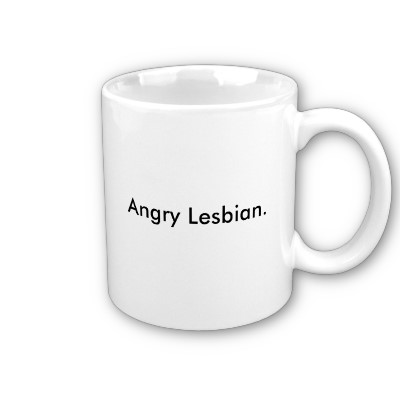Activism, for so many of queer women of color, is a constant negotiation of which ism to address. We don’t have the luxury of snubbing everyone that offends us, or we would have no where to go. We can't -- and shouldn't have to -- fight everyone. As a direct…
Afrofeminism - Blog - Community Organizing - Gender and LGBT Issues - QWOC+ Boston - Race, Culture, Ethnicity
